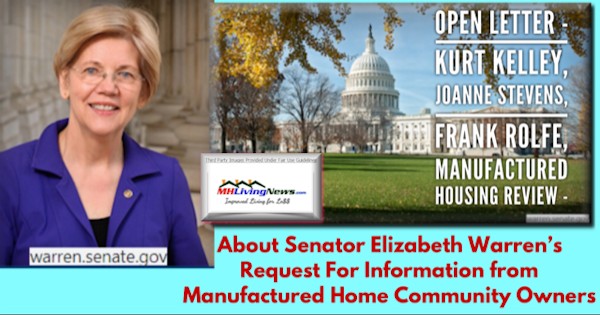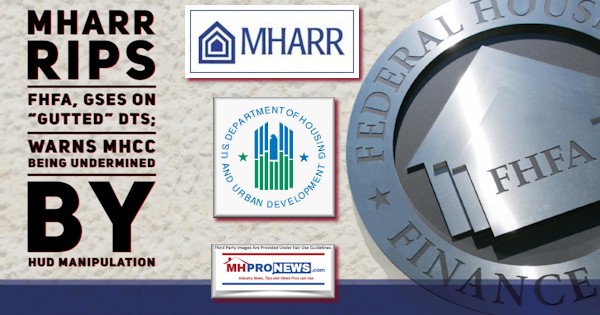
Millions have seen the classic movie “Tucker,” based on the real-life experience of revolutionary car designer Preston Tucker. There are fascinating touch-points and lessons for our industry from the experiences that will be related in the report that follows.
Tucker was as revolutionary in automotive as Carl Strandlund was for factory-built housing. In fact, they were contemporaries that faced some similar challenges.

“Strandlund was provided the availability of a war surplus plant in Chicago.[5] However, due to the political intrigue in government, Preston Tucker, who proposed to produce a radical new automobile, acquired the plant. In turn, Tucker shortly failed in his business operation. The political ramifications are as fascinating as the engineering of the Lustron homes.[5] The Lustron factory had approximately eight miles of automated conveyor lines and included 11 enameling furnaces, each of which was more than 180 feet long.”
As noted, Tucker was a hit Paramount movie in 1988. Near the end of that video clip there is this line.
“But if big business closes the door on the little guy with a new idea, we’re not only closing the door on progress, but we’re sabotaging everything that we fought for! Everything that the country stands for!”
Hold that thought, but apply it to manufactured homes. Then, let’s pivot back to the narrative from Wikipedia. What was cited as a factor in the eventual demise of the Lustron factory-built housing?
“Additionally, local zoning codes also played a part. In some municipalities, for example, an ordinance prohibited homes with steel chimneys.[1] Some accounts suggest an organized effort from the existing housing industry to stop Strandlund, comparing him to Preston Tucker (ironic, because Strandlund’s first choice for the Lustron factory building, the Dodge Chicago Aircraft Engine Plant in Illinois, was actually granted to Tucker to build his automobiles).”
Bingo. Be it local or national collusion with bigger businesses, the Lustron suffered not because it wasn’t good, it was. Rather, it was met with political as well as economic roadblocks from competitors.
The American Rhetoric website has this for the video clip from the movie, Tucker.

Tucker: When I was a boy, I used to read all about Edison and the Wright brothers, Mr. Ford. They were my heroes. “Rags to Riches” — that’s not just the name of a book, that’s what this country was all about. We invented the “free enterprise” system, where anybody, no matter who he was, where he came from, what class he belonged to — if he came up with a better idea about anything, there’s no limit to how far he could go.
I grew up a generation too late, I guess, because now the way the system works the loner, the dreamer, the crackpot who comes up with some crazy idea that everybody laughs at, that later turns out to revolutionize the world — he’s squashed from above before he even gets his head out of the water because the bureaucrats, they’d rather kill a new idea than let it rock the boat!! If Benjamin Franklin were alive today, he’d be thrown in jail for sailing a kite without a license!
It’s true. We’re all puffed up with ourselves now ’cause we invented the bomb –dropped the — beat the daylights out of the Japanese, the Nazis. But if big business closes the door on the little guy with a new idea, we’re not only closing the door on progress, but we’re sabotaging everything that we fought for! Everything that the country stands for!!
And one day we’re going to find ourselves at the bottom of the heap instead of king of the hill, having no idea of how we got there, buying our radios and our cars from our former enemies.
[a juror laughs incredulously]

I don’t believe that’s going to happen. I can’t believe it because if I ever stop believing in the plain ‘ole common horse sense of the American people, be no way I could get out of bed in the morning.
Thank you.”
Unpacking the History Above
Our publisher L. A. ‘Tony’ Kovach studied history at the University of Oklahoma, which included a journalism scholarship. There he earned the prestigious Lottinville Award in History, the first freshman in the school’s history to do so – it was older students with more years of classwork that had won that award previous to Tony’s achievement.
That’s brief backdrop is significant because Tony’s observed that in various ways that the history of humanity are often the stories of one group working to dominate, manipulate, or control others. That pattern of history manifests itself in several ways.
The story of Preston Tucker, as dramatized by the movie, makes that point. Elected and appointed public officials and big businesses colluded to control the automobile market to the benefit of larger firms. Wikipedia’s account makes a similar point.
That’s not to say that every big business is evil, or that every public official – elected or appointed – are corrupt or colluding. We assiduously say that each case must be examined based on the evidence, and one should apply the principle of separating the what from the chaff in the various sources and claims.
But these historic examples of Lustron and Tucker do demonstrate that such behavior has happened in the past, and arguably continues to occur in our own times in various ways.
- How else can one explain how good existing laws are going unenforced or underenforced to the detriment of the many and to the advantage of the few?
- How else can someone explain how that nexus between big government and big business tends to harm the smaller firm, which implies a benefit to larger ones?

MHProNews has step by step been laying out the realities of what is occurring in manufactured housing, and how that serves to harm not only smaller businesses, but numbers of manufactured home community residents,
Barriers to Entry, Persistence, and Exiting in Business, Affordable Housing, and Manufactured Homes
The industry is increasingly being consolidated. There are several items brewing under the radar that seek to address the issues noted herein and previously in related reports shown below. Something similar occurred during the Gilded and Robber Baron eras in U.S. history, which is why antitrust laws were developed. But some of what is taking place in our industry is arguably violations of other laws too, such as deceptive trade practices, RICO, etc.
That’s all she wrote in this installment of manufactured housing “News, Tips, and Views Pros Can Use,” © where “We Provide, You Decide.” © ## (News, analysis, and commentary.)

Soheyla is a managing member of LifeStyle Factory Homes, LLC, the parent company to MHProNews, and MHLivingNews.com. Connect with us on LinkedIn here and and here.
Related Reports:
Click the image/text box below to access relevant, related information.
Senate Testimony on Manufactured Housing, Related Letters, and Statements
CBS Spotlights Manufactured Home Community Leader Video Interview






























